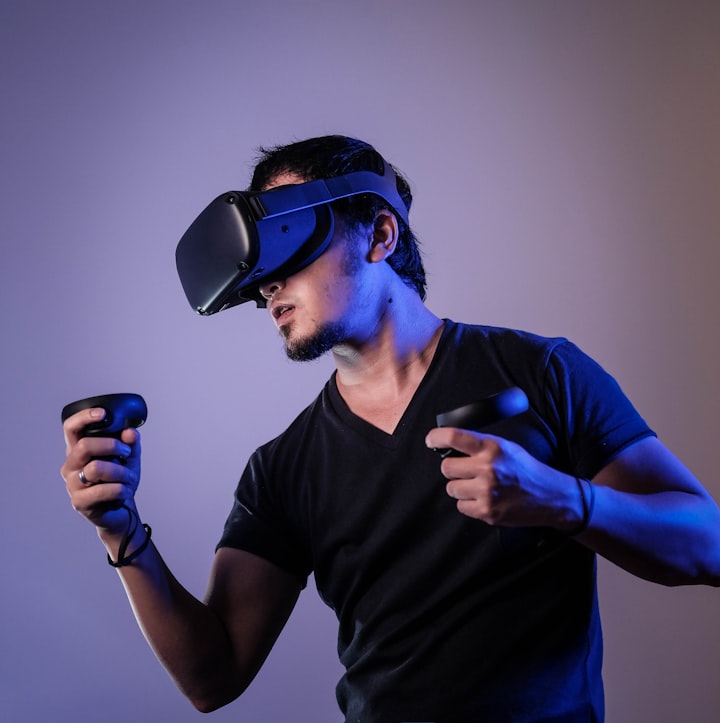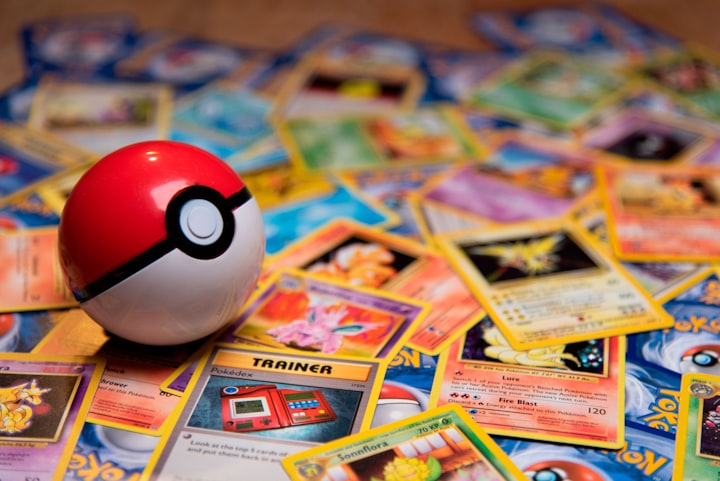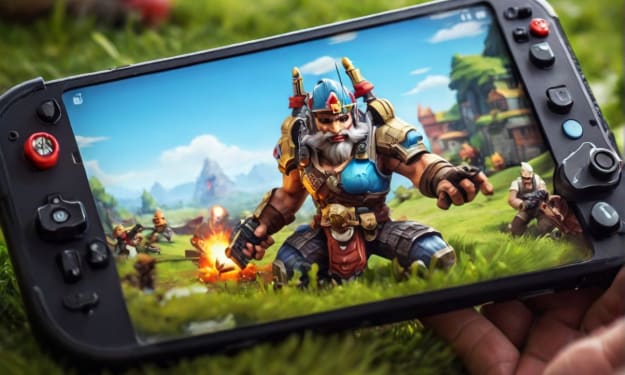Virtual Reality Marketing
These opportunities arise
There are many good reasons for companies to integrate VR marketing into their general communication strategy. There is a lot more behind it than just short-term hype.
The possible applications of virtual reality in marketing are extremely diverse. For example, a virtual reality app can be developed for the target group or VR technologies can be used at events and trade fairs. The following article shows in detail how the possibilities are designed.
Experience VR at home
Your own four walls are probably the first communication environment that comes to mind when it comes to VR marketing. The target group for this VR experience is extremely special, as this marketing measure requires the availability of special VR equipment. However next to no one has VR-Gear at home – therefore the usability is limited. But AR-Apps are worthwhile, and VR/AR-Apps present a business as especially innovative.
Nevertheless, this marketing measure scores with a very high degree of immersion and interaction, which increases the involvement of the consumer and thus creates above-average emotional experiences.
With this VR marketing method it is conceivable, for example, that the user is immersed in the virtual world of the brand within the framework of a playful experience and can explore it on his own. Information is conveyed interactively, which allows complex issues to be optimally understood. This reduces the consumer's perception of the purchase risk.
Point-Of-Sale VR experience
In order to support sales, the VR measures can of course also be used at the point of sale itself. There the additional attractiveness created by VR technology can be exploited or the technology can be integrated into the sales talk itself.
If the VR measures are used in direct customer talks, they can be used to demonstrate configurations, present product features or visualise products. If the communication object is directly involved, the presentation is particularly realistic.
For example, the automotive industry benefits when potential buyers are virtually presented with the desired configuration of their new vehicle and can view it from different perspectives. Sales can thus be significantly optimised through the interactive transfer of information. The measures are particularly useful in segments that offer very high prices and consumer goods that require explanation.
VR for the Brand Experience
Brand Experiences offer a further possibility to optimise the point-of-sale through VR marketing. Marketing departments can use the fact that VR glasses are not yet very widespread in everyday life to their advantage by creating an exclusive access to virtual reality for the customer.
It is particularly worthwhile to combine real and virtual elements and thus create a multi-sensual experience that gives the respective brand a strong emotional charge.
VR terminals
The so-called VR terminals form a further marketing measure from the VR area, which is sales-oriented. However, the terminals are not integrated into the sales talk as such, but merely provide potential customers with additional information, for example about the company's respective service portfolio.
This measure has the advantage that buying barriers are reduced, as the target group can obtain their information independently and try out the products at the POS in virtual reality. The incentive to buy is significantly increased by the emotional involvement.
VR at trade fairs and exhibitions
At trade fairs the space for the stand is often limited. However, it can be expanded considerably in virtual terms. If VR is used on a trade fair stand, this opens up a wide range of possibilities for drawing visitors' attention to the respective service portfolio.
The inner attitude towards the company is positively influenced by this. Emotional customer communication can thus be excellently combined with a factual communication level.
VR for event marketing
Companies also benefit significantly from the effects of VR technology during events. However, this requires the harmonious integration of virtual reality into the holistic concept. The event is enhanced by the technological component so that the bond between brand and customer is additionally strengthened. This has a positive influence on communication goals, such as the brand relationship, image or general awareness.






Comments
There are no comments for this story
Be the first to respond and start the conversation.